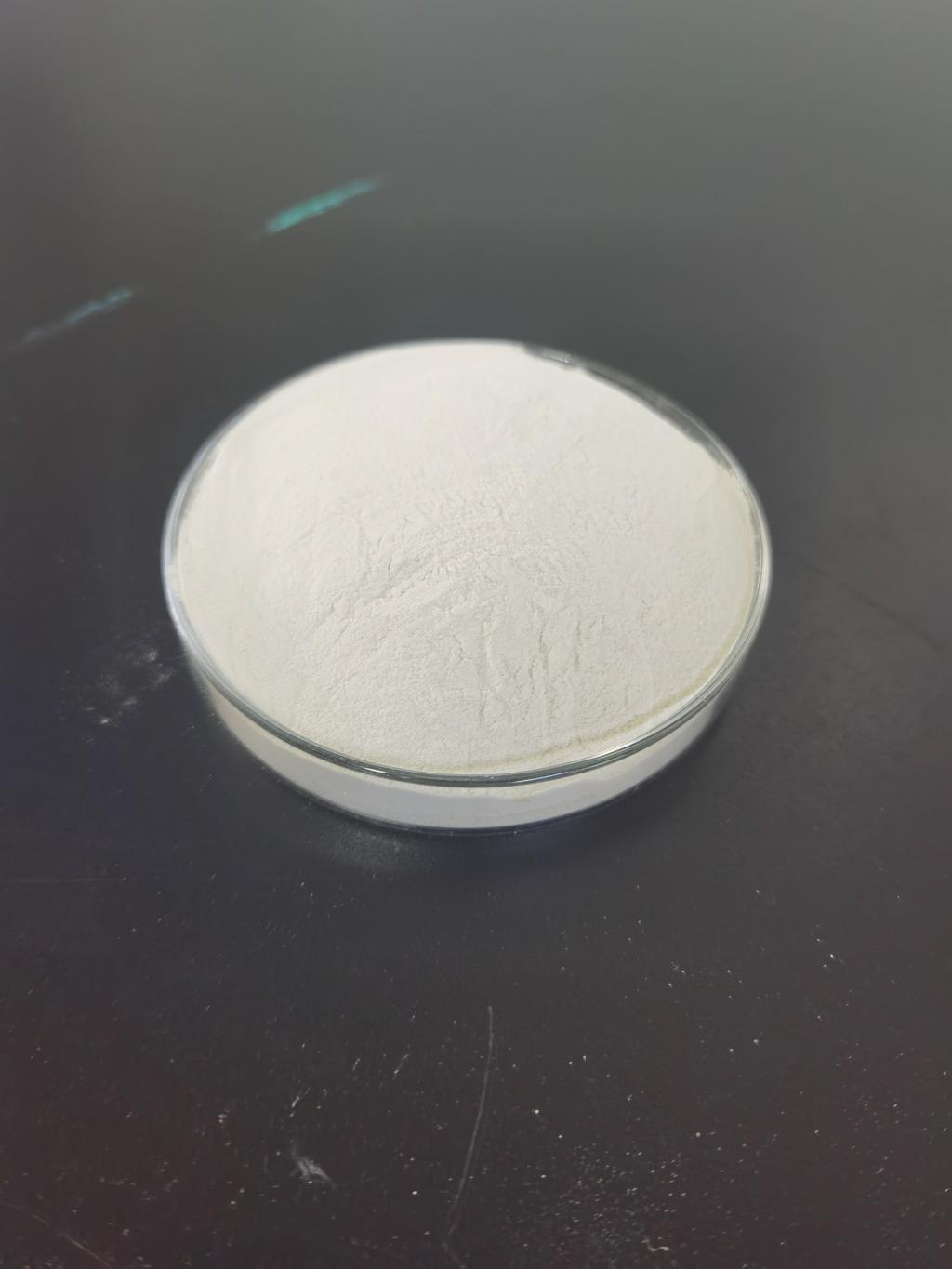Tel:+8618231198596

News
 CONTACT
CONTACT
 CONTACT
CONTACT
- Linkman:Linda Yao
- Tel: +8618231198596
- Email:linda.yao@dcpharma.cn
- Linkman:CHARLES.WANG
- Department:Overseas
- Tel: 0086 0311-85537378 0086 0311-85539701
News
Can Nisin be used as a preservative in non-food products?
TIME:2023-06-01
Understanding Nisin:
Nisin is a peptide produced by certain strains of the bacterium Lactococcus lactis. It possesses potent antimicrobial properties, particularly against Gram-positive bacteria. Nisin functions by disrupting bacterial cell membranes, thereby inhibiting their growth and survival. Due to its natural origin and broad-spectrum activity, nisin has been widely used as a food preservative.
Non-Food Applications:
2.1 Personal Care Products:
Nisin exhibits antimicrobial activity against various pathogenic bacteria, including those commonly found on the skin. Incorporating nisin into personal care products, such as soaps, lotions, and creams, can help inhibit the growth of bacteria, fungi, and other microorganisms, thus preventing product spoilage and ensuring consumer safety. Additionally, nisin's potential as an alternative to synthetic preservatives in personal care products aligns with the growing demand for natural and eco-friendly formulations.
2.2 Pharmaceuticals:
Contamination and degradation due to microbial growth pose significant challenges in pharmaceutical formulations. Nisin's ability to target and control Gram-positive bacteria makes it an attractive candidate for preserving pharmaceutical products, such as creams, ointments, and oral solutions. By reducing microbial contamination, nisin can enhance product stability, prolong shelf life, and maintain the efficacy of pharmaceutical formulations.
2.3 Household and Industrial Products:
Nisin's antimicrobial properties can also be harnessed in household and industrial products. Examples include cleaning agents, disinfectants, paints, coatings, and adhesives. By incorporating nisin, manufacturers can mitigate the growth of bacteria and fungi, reducing the risk of product spoilage, odor formation, and material degradation. Furthermore, nisin's natural origin and safety profile make it an appealing choice for environmentally conscious consumers.
Advantages of Nisin as a Preservative:
3.1 Natural Origin:
Nisin is a naturally occurring peptide, derived from bacteria commonly found in fermented foods. Its natural origin aligns with consumer preferences for clean-label and natural products. Utilizing nisin as a preservative can contribute to the development of more sustainable and environmentally friendly formulations.
3.2 Broad-Spectrum Activity:
Nisin's broad-spectrum antimicrobial activity makes it effective against a wide range of bacteria, including antibiotic-resistant strains. This versatility enhances its applicability in various non-food products where different bacterial species may pose a risk.
3.3 Safety:
Extensive studies have demonstrated the safety of nisin for human use. It has been approved as a food preservative by regulatory bodies such as the U.S. Food and Drug Administration (FDA) and the European Food Safety Authority (EFSA). This safety profile makes nisin an attractive option for preservatives in non-food products, reducing the potential risks associated with synthetic preservatives.
Challenges and Considerations:
4.1 Stability and Compatibility:
Nisin's stability and compatibility with different product formulations need to be assessed. Factors such as pH, temperature, and other ingredients may influence its effectiveness as a preservative. Formulation optimization and compatibility testing are essential to ensure that nisin retains its antimicrobial activity throughout the product's shelf life.
4.2 Regulatory Approval:
While nisin has been approved as a food preservative, its use in non-food products may require separate regulatory approval. Manufacturers should consider compliance with local regulations and guidelines before incorporating nisin into non-food products.
Conclusion:
Nisin, a natural antimicrobial peptide, shows promise as a preservative in non-food products. Its broad-spectrum activity, natural origin, and safety profile make it an appealing alternative to synthetic preservatives. Incorporating nisin into personal care products, pharmaceuticals, and household/industrial products can enhance their stability, extend shelf life, and provide consumer benefits. Further research and development efforts are needed to optimize formulations and ensure regulatory compliance, but nisin's potential as a preservative in non-food products is a promising area for exploration.
- Tel:+8618231198596
- Whatsapp:18231198596
- Chat With Skype







